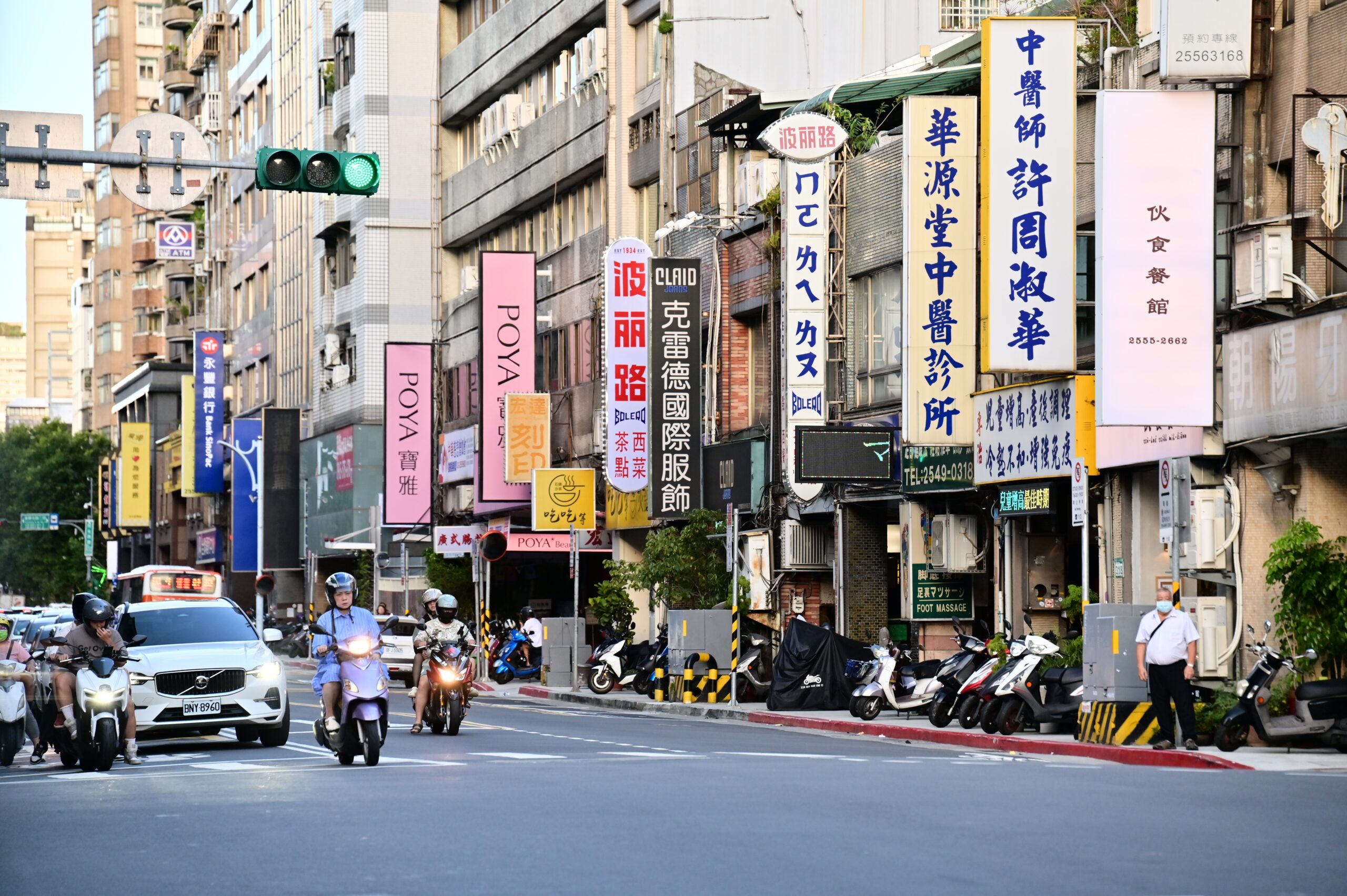By Pedro Isern
Sep 23, 2024, 10:35 AM EDT
Since its inception in 1945, one of the main tasks of the United Nations (UN) has been to seek peace and cooperation among peoples. Today, as we approach its 80th anniversary, we can see how Taiwan seeks to live in peace with its region and the world, while mainland China seeks aggression and provocation as a permanent method.
In the face of such aggression, it would be disappointing to see a neutral UN, but there is no such thing as neutrality or equidistance. Instead, we see support for a dictatorship of 1.3 billion inhabitants and 35 trillion dollars of GDP, against a peaceful democracy of 23 million inhabitants and 1.57 trillion dollars of GDP (measured in purchasing power parity).
Taiwan is not only a transparent and peaceful democracy that respects the right of minorities to express their ideas and beliefs. It is also a key economy in global supply chains for components of cutting-edge technologies such as semiconductors.
The international system does not have to choose between China and Taiwan. This false dichotomy was pushed by Beijing and tacitly accepted by the majority. It is urgent for the stability of the region and global peace that this erroneous approach be rethought. The UN faces an existential challenge here. If it does not understand the magnitude of the problem, it is likely to continue consolidating its path towards insignificance.
A liberal global system (i.e. one based on respect for human rights) cannot side with an expansionist dictatorship over a peaceful democracy. A growing part of global civil society is calling on the UN not even to defend a democracy, but merely to exercise a new role as a kind of neutral arbiter.
It is not even being asked to defend the small island attacked by the huge dictatorship. It is simply being asked to exercise diplomatic neutrality. If the UN cannot even be neutral in 2024, it is reasonable to argue that democrats and transparent democracies must rethink the characteristics of the institutions that make up the liberal global system.
The UN’s disrepute is now evident. Taiwan’s prestige is also evident today. The upcoming UN Annual Assembly faces the challenge of opportunity. After what happened during the COVID-19 pandemic, the UN must understand that it faces the urgency of involving transparent countries, people and civil society actors, in order to learn from mistakes.
Pedro Isern is executive director of the Center for the Study of Open Societies (CESCOS) www.cescos.org.
